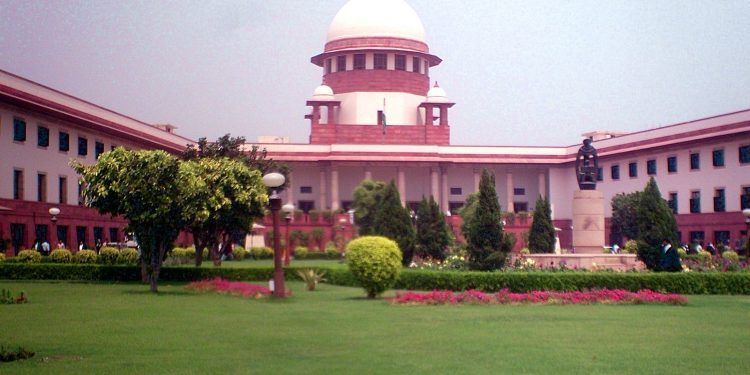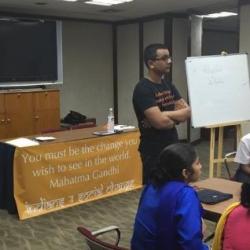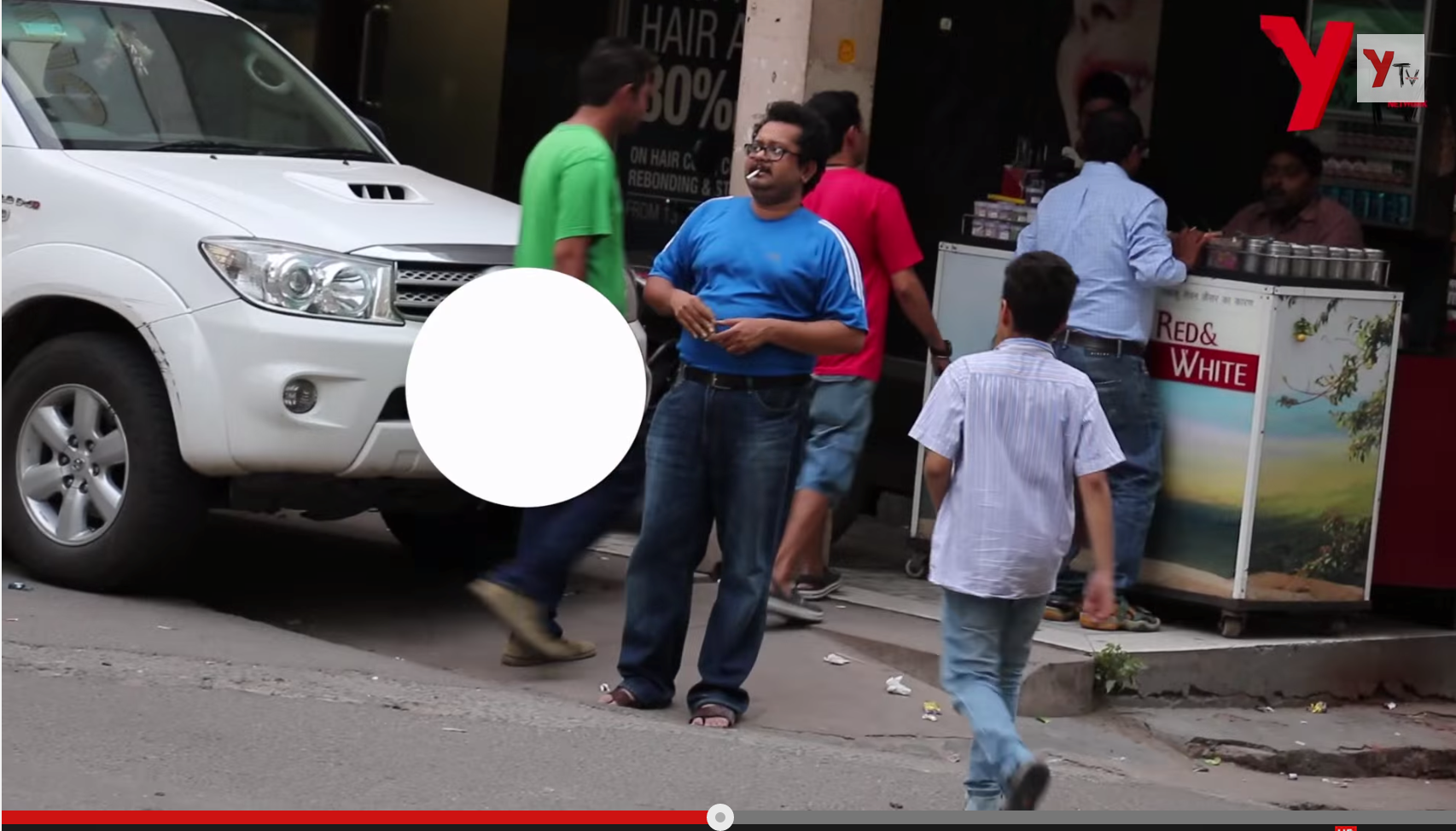Indian Supreme Court Updates: May 31st-June 6th

SC Stays Execution of Yakub Memon
Yakub Abudl Razak Memon was convicted of being responsible for the 1993 Mumbai Blasts. The court stayed the execution and has referred a plea to hear the case in open court, rather than in chamber proceedings, to the Constitution bench. The TADA court originally found him guilty of criminal conspiracy, arranging finances, and managing its disbursement, as well as being the “mastermind” behind the attack.
Delhi Gang Rape Convicts Appeal Death Sentence
Two death row convicts from the gangrape that occured in December of 2012 (where a 23-year old was raped by six men in a private bus) have appealed the Supreme Court against the Delhi High Court verdict. The high court had upheld the sentence on March 13.
They are arguing that the trial was not free and fair, since it occurred under “public and political pressure.” They argue that the trial was a “miscarriage of justice” and also stated that since they were given state-appointed lawyers and not a counsel of their choice it was a violation of their fundamental rights.
SC Rejects Bail Plea from Sahara’s Subrata Roy
The Supreme Court rejected an appeal by Subrata Roy, who is accused of multimillion dollar fraud, to get bail in the form of a house arrest. He has been in custody since March 4 on the charges that he failed to give back billions of dollars to his investors. The original bail was too high and he was unable to pay it. Indian securities regulators accused Sahara India of selling bonds that were illegal to raise $3.2 billion dollars.
The Supreme Court has allowed Sahara to sell properties after they were unable to raise the bail. The court has already rejected an appeal to pay in installments. The money raised must be stored in a bank account that is regulated.
SC Allows Supertech to Move Materials
They ruled that the real estate company Supertech Ltd would be allowed to move construction material from its towers in NOIDA to ensure the safety of its residents. The Allahabad High Court has ordered the demolition of the 40-story towers for allegedly being illegally constructed. The SC ordered the sealing of the towers in hearing the appeal. They have been granted a few days to move the materials under supervision to a supervised location and then the buildings will be resealed until the appeal is decided upon.
SC Extends Stay on Jayalalithaa’s Trial
The SC increased the stay on the trial to June 16th, which we discussed last week.
Changes for the Supreme Court?
Two new changes have been proposed for the Indian Supreme Court to help make things more efficient and easier.
New Locations
The Bombay Lawyers Association has moved to create a bench in Mumbai so that lawyers and litigants don’t have to travel to Delhi every time a case has to be heard. They argue that increasing lower courts orders are being appealed and the high cost of travel is a burden to the lawyers.
They cite a previous recommendation from the Law Commision of India that benches be set up in Chennai/Hyderabad, Kolkata and Mumbai. The Constitution bench could remain in Delhi. Despite repeated recommendations from panels, including one head by the current President of India, Pranab Mukherjee, the supreme court has reject the idea. The last rejection under Chief Justice KG Balakrishnan stated that it would hurt the unitary character of the country.
The move would be supported by the constitution as Article 130 states:
The Supreme Court shall sit in Delhi or in such other place or places, as the Chief Justice of India may, with the approval of the President, from time to time, appoint.
Longer Duration
The Chief Justice of India, RM Lodha, wants the court system to stay open all 365 days. The current system has long vacations despite a huge number of cases. Lodha has therefore proposed that the Supreme Court, high courts and all trial courts remain open all year. There is a current backlog of 20 million cases.
He has asked the Bar Council of India chairman BS SInsinwar to see what all the stakeholders think. When the Times of India asked about the feasibility of the project, he replied:
[Image Attribute: WikiMedia Commons:Legaleagle86]It is not such a difficult task. There is not going to be any increase in the number of working days or working hours of any of the judges. At the beginning of the year, the judges would be required to tell the desk managing court sittings when they would like to avail vacations and holidays. Accordingly, a calendar would be prepared for arranging the benches in the Supreme Court and high courts to ensure that judiciary functions throughout the year.





